News
-
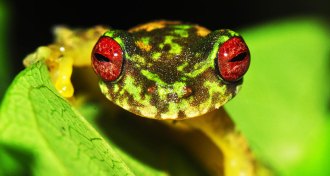 Animals
AnimalsChytrid’s frog-killing toll has been tallied — and it’s bad
Losses due to the amphibian-killing chytrid fungus are “the greatest documented loss of biodiversity attributable to a pathogen,” researchers find.
-
 Health & Medicine
Health & MedicineBlood vessels built from a patient’s cells could help people on dialysis
Bioengineered blood vessels could provide a safer alternative than donor vessels or synthetic implants.
-
 Planetary Science
Planetary ScienceKuiper Belt dust may be in our atmosphere (and NASA labs) right now
Bits of space debris that collect in Earth’s atmosphere may come from as far as the cold, distant Kuiper Belt region beyond Neptune.
-
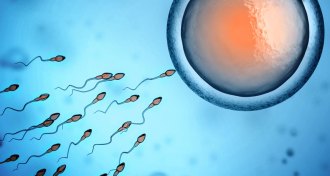 Health & Medicine
Health & MedicineSperm with damaged DNA may cause some repeat miscarriages
An analysis of semen from men whose partners have experienced multiple miscarriages revealed abnormalities, a small study finds.
-
 Health & Medicine
Health & MedicineA single sweaty workout may boost some people’s memory
Memory improvements after a short bout of exercise mirrored those seen after months of training.
-
 Health & Medicine
Health & MedicineEdibles are tied to more severe health issues than smoking marijuana
Most marijuana-linked cases at a Denver hospital involved weed smokers. But people who ate the drug were more likely to have heart or psych issues.
By Jeremy Rehm -
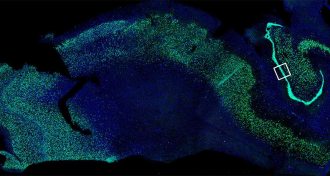 Health & Medicine
Health & MedicineSigns of new nerve cells spotted in adult brains
A study finds new evidence that adult brains grow new nerve cells, even the brain of an octogenarian.
-
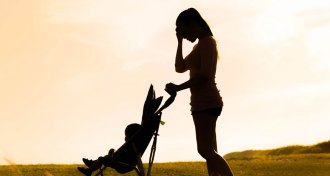 Neuroscience
NeuroscienceWomen have a new weapon against postpartum depression, but it’s costly
The newly approved drug brexanolone simulates a natural hormone to alleviate symptoms of postpartum depression.
By Jeremy Rehm -
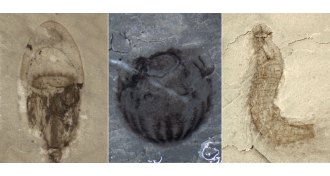 Paleontology
PaleontologyNewfound fossils in China highlight a dizzying diversity of Cambrian life
A new treasure trove of Cambrian fossils in China dating to 518 million years ago could rival Canada’s Burgess Shale.
-
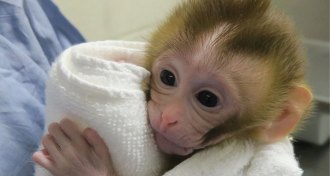 Health & Medicine
Health & MedicineSaving monkey testicle tissue before puberty hints at a new way to preserve fertility
Frozen testicle tissue samples from prepubescent monkeys transplanted back onto those monkeys once they matured produced sperm.
-
 Health & Medicine
Health & MedicineA new ketamine-based antidepressant raises hope — and questions
Little is known about the long-term effects on people of a newly approved antidepressant based on the anesthetic ketamine.
-
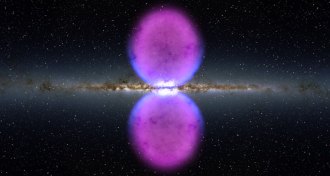 Astronomy
AstronomyX-ray ‘chimneys’ connect the Milky Way to mysterious gamma-ray bubbles
Two columns of X-rays that are hundreds of light-years long could explain the existence of giant bubbles of energetic light that sandwich the galaxy.